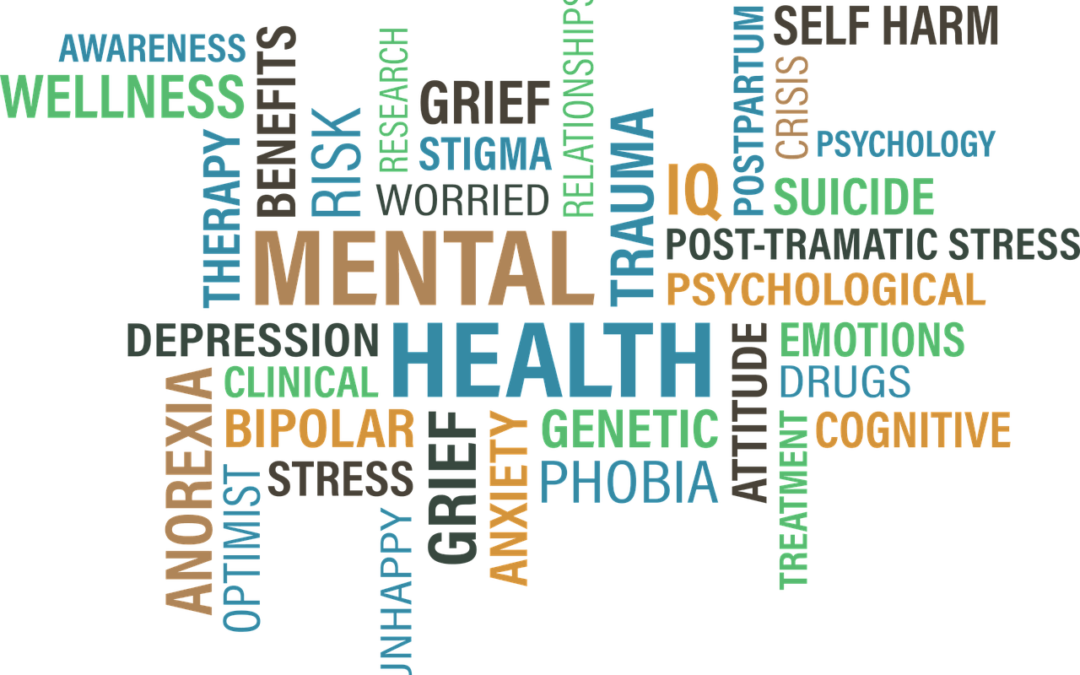World Mental Health Day comes at a prevalent time for employers and employees this year, as our daily lives continue to be drastically impacted by the COVID-19 pandemic. Since March, we have faced many new challenges, that would have been considered unthinkable at the turn of the year. The social and economic affects continue to have devastating implications, as new measures were introduced nationwide this week, that will drastically inhibit social interaction, and inevitably lead to further job losses.
The pandemic has also led to a stark shift in how people work. The stigma surrounding working from home has been replaced by acceptance that this may be the “new normal” for many businesses, or at least for the time being. Employers have long been aware of the negative effects of workplace stress, burnout and anxiety on their profitability and therefore this shake-up of convention may serve as an antidote to previous workplace failings.
The pandemic has brought mental health into sharper focus, as work forces were required by law to shift their operations remotely in March, and it is probable that this will again be recommended over the coming Winter. This has and will continue to create a range of issues, such as socially isolated and disconnected staff. At the same time, there has been much discussion on the positives of home working, as many have enjoyed a better work life balance, without lengthy commutes and more time spent with loved ones.
How is work related stress, depression or anxiety defined and what are the key statistics?
Work-related stress, depression or anxiety at work continues to represent a significant ill health condition in the workforce. It is defined as a harmful reaction people have to undue pressures and demands placed on them at work. Studies have indicated that stress at work is driven largely by psychosocial factors and is associated with common conditions such as heart disease, anxiety, depression and may play a role in a number of other degenerative disorders.
- Work-related stress, depression or anxiety accounts for around 44% of work-related ill health; and;
- 54% of working days lost in the workplace.
The main reasons cited as causes of work-related stress are:
- over time with workload,
- lack of managerial support and
- organisational change;
For more information on visit work-related stress, anxiety or depression statistics in Great Britain, 2019, click here.
Health and safety obligations and guidance
Employers have well established underlying duties conveyed on them to guard against and protect health of workers. The overarching obligation for an employer is to ensure the health, safety and welfare of its employees, so far as is reasonably practicable in the workplace and in a home setting. Employers with five or more employees are also required to undertake an assessment of the risks, to focus upon which risks employees are exposed to at work and the employer should proceed to act on it to protect health. This includes the risk of work-related stress. Employers also owe a common law duty to their employees to take reasonable care in respect of foreseeable risks of harm.
However, there was limited guidance to help employers address these issues until the Health and Safety Executive (HSE) published its Management Standards approach to tackling work-related stress in 2004.The guidance covers six key areas of work design that, if not properly managed, are associated with poor health, lower productivity and increased accident and sickness absence rates. For more information, please visit the link here.
Managing mental health issues now and in the future
Whether the pandemic will exacerbate, decrease or simply change the predominant causative factors of work-related mental health issues remains yet to be seen.
However, what is clear is that World Mental Health Day comes at a poignant time this year and presents an opportunity for employers to press the reset button when it comes to fighting the rising tide of psychosocial risk in the workplace, as it is evident that there were stark failings with the former model of work before the pandemic. As past experience of emergencies such as those caused by COVID-19 demonstrates, the need for mental health and psychosocial support will substantially increase in the coming months and years especially with more lock down measures. Employers should therefore invest in mental health awareness with strong policies and procedures are in place which should increase their profitability in the long run and promote staff health and safety wellbeing.

